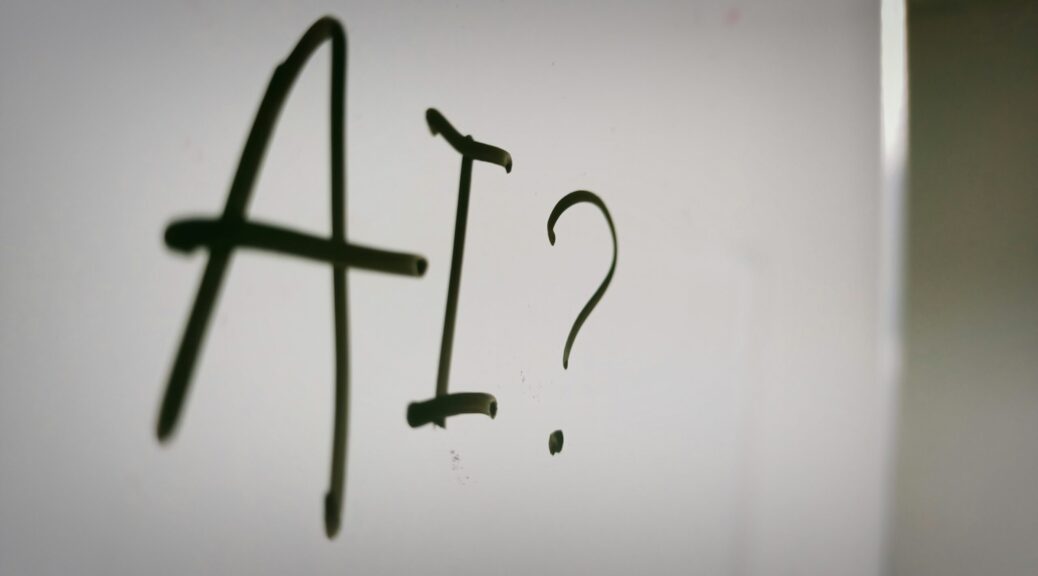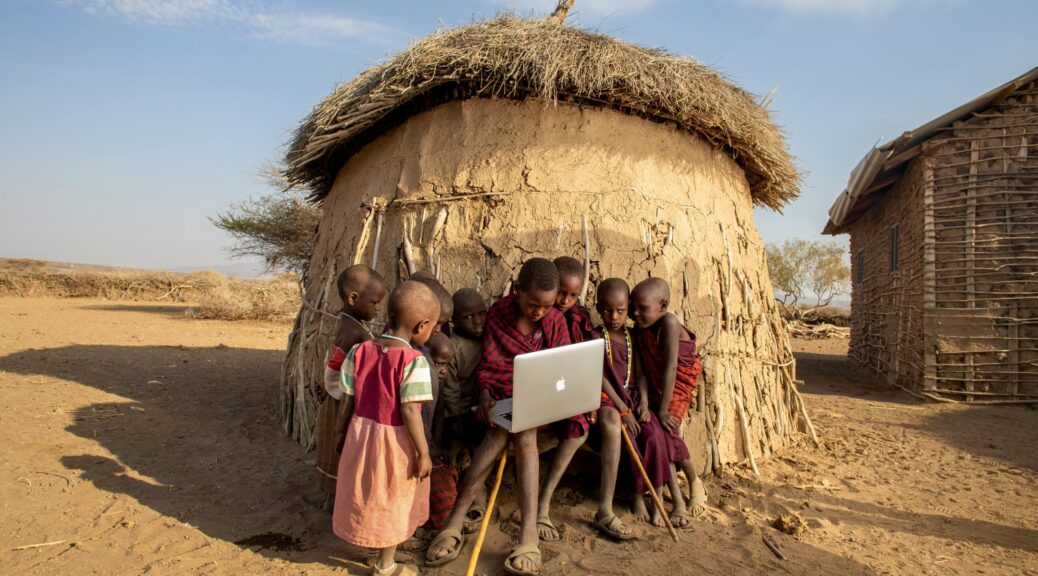On March 11, 2020, the World Health Organization (WHO) officially declared a global pandemic caused by the SARS-CoV-virus, commonly known as COVID-19. California was the first state in the country to declare a state of emergency and issue a stay-at-home order. New Mexico, where I reside, issued a lockdown order on March 24. All college professors had to take their teaching online, whether they were ready or not. Five years later, the fear of contracting COVID-19 might have subsided, yet the emotional toll from living through COVID-19, especially for Generation COVID (Gen C), lingers. Gen C is a moniker used in higher education to describe the high school and college students whose lives were interrupted during the pandemic. Studies on the long-term effects of COVID-19 on the mental health and well-being of college students include high levels of anxiety, stress, and fear. Consequently, their academic performance suffers. The level of the effects also varies by their socio-economic background.
Since Fall 2022, we, as college instructors (called educators throughout this article), have to remind ourselves that the incoming first-year college students were once forced into isolation in their homes (depending on the state where they lived during COVID) while taking classes online—a huge interruption in their academic lives. Not only did they not have the usual opportunity to interact with the social world around them, but they also lacked the understanding of certain social cues on how to interact with another human according to the social norm. No wonder many of them are socially awkward in the classroom. While in class, they either stay quiet or look at their phones constantly. As for virtual classes, they do not turn on their camera after logging into their online class. We have no idea whether they are virtually present, but emotionally absent, or neither. Reacting to their classroom behaviors, some of us may misinterpret their demeanor as uninterested in the subject matter or disengaged in their own learning. Others see them as introverts.
While volumes of research confirm that are still suffering from mental health issues, we, as educators, must remind ourselves of their trauma and be patient with them, especially the economically disadvantaged students. We must create an all-inclusive learning community in the classroom so that students feel safe and comfortable asking questions or participating in class discussions. We must recreate the classroom culture to enhance students’ sense of belonging—one of the most powerful determinants in student success. Lastly, to ease students’ mental health and stress due to assignments and exams, many of us continue to brainstorm on effective strategies to assess students’ learning. Others are using some unconventional methodologies to assess their students’ learning, such as portfolios, projects, or ungrading, which was popularized by Alfie Kuhn and Susan Blum. As educators, our responsibilities in classroom management and student learning continue. For those of us who are educators and parents, we must also take care of our own children’s mental health and their academic lives because they, too, have gone through COVID-19, just like our students. Last, but not least, we must take care of our own mental health so that we can take care of others.
To complicate teaching and learning in college, OpenAI launched ChatGPT in 2022, the same year when many college students returned to the classroom. ChatGPT is a generative artificial intelligence chatbot. It generates text, images, and audio in response to a user’s prompts. It is also credited with accelerating the artificial intelligence (AI) boom. Today, ChatGPT and many similar AI platforms are commonly used in many industries to summarize meeting minutes, read and analyze images, and generate text-based content or images from text prompts. As such, some high school or college students have learned to use ChatGPT to do their homework for them.
Needless to say, these practices frustrate educators, myself included. Notwithstanding, we manage our challenges the best we can while learning about ChatGPT as fast as we can, so we can manage our classroom and teach our students. Some of us set policies to ban the use of any AI platform completely. Others permit their students to use certain platforms such as Grammarly. Yet a small number allow the use of AI, but require their students to disclose the prompts they use and the source of the information.
Lastly, we have some that teach students how to use the AI platform ethically. I belong to the last three groups. Given the speed at which AI is evolving, all these strategies are temporary and implemented depending on the professor’s AI knowledge. In the long run, we are on a new journey as educators. We must know how to use AI as a virtual teaching assistant or even collaborate with AI because of its level of artificial intelligence. More importantly, we must teach our students how to think and not what to think. We all know that the Internet is inundated with information, either factual or not. Instead of teaching them factual information that they can easily retrieve from the Internet, we must teach them how to use AI ethically and how they can think for themselves, so they can decipher if the information they retrieve from the Internet is factual. More importantly, this level of critical thinking skills will benefit them for life.
Another aspect of AI is the emergence of AI agents–a software program that collects data and uses that data to autonomously perform specific tasks that meet predetermined goals set by humans. AI agents answer phone calls, take orders, make decisions, and take actions to achieve goals set by humans. Accordingly, they are programmed to perform specific tasks. In the context of higher education and with respect to customer service, they can screen job applicants’ resumes and interview job applicants. They can also answer inquiry calls from potential students and schedule campus tours. They can answer enrolled students’ questions about their grade point averages, make an appointment for them with their human advisor, or notify them of certain courses that they need to take for graduation. The options are endless. How many AI agents are embedded in the service offered by the college depends on how much an institution invests in technology.
Circling back to the college classroom, an AI agent can be set up to not simply take voice messages and turn them into text messages for an instructor (which is already happening in our mobile phones), but also answer students’ questions, such as the due date of the next assignment. Will an AI agent replace the work of a college professor, such as teaching a class or grading an assignment? Possibly, since this is already occurring in many online courses. Again, an AI agent can perform whatever tasks the programs allow them to (which is set by a human). Will an AI agent have the capacity to reduce students’ level of stress or increase their sense of belonging? I personally do not think so. An AI agent may express words of emotion, but they do not have the capacity to feel emotions. Neither do I think students enjoy interacting with a virtual robot.
Most importantly, an AI agent cannot think like a human. They can only do what human prescribes them to do. They can never replace a human being.
Photo by Steve Johnson on Unsplash





